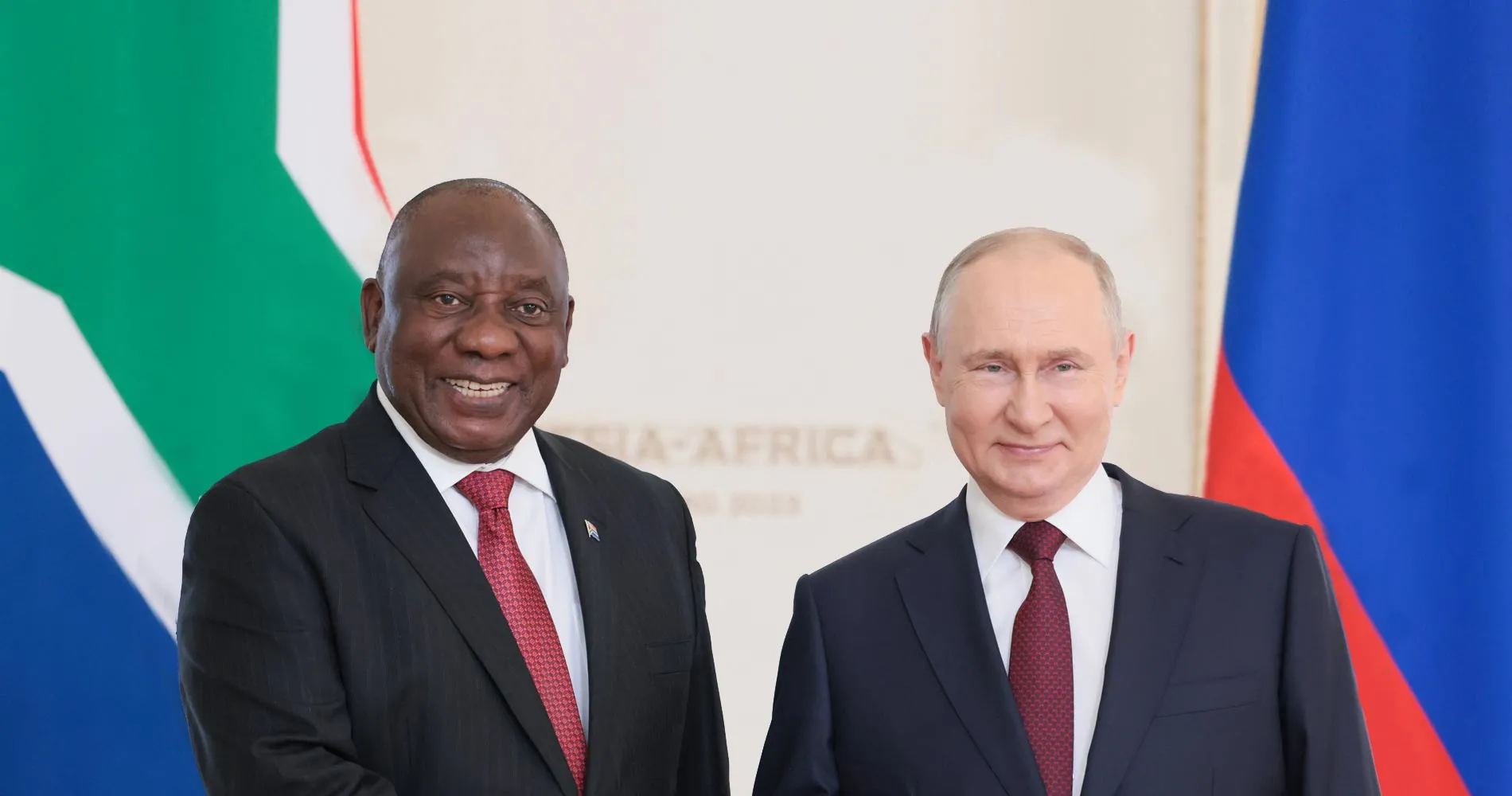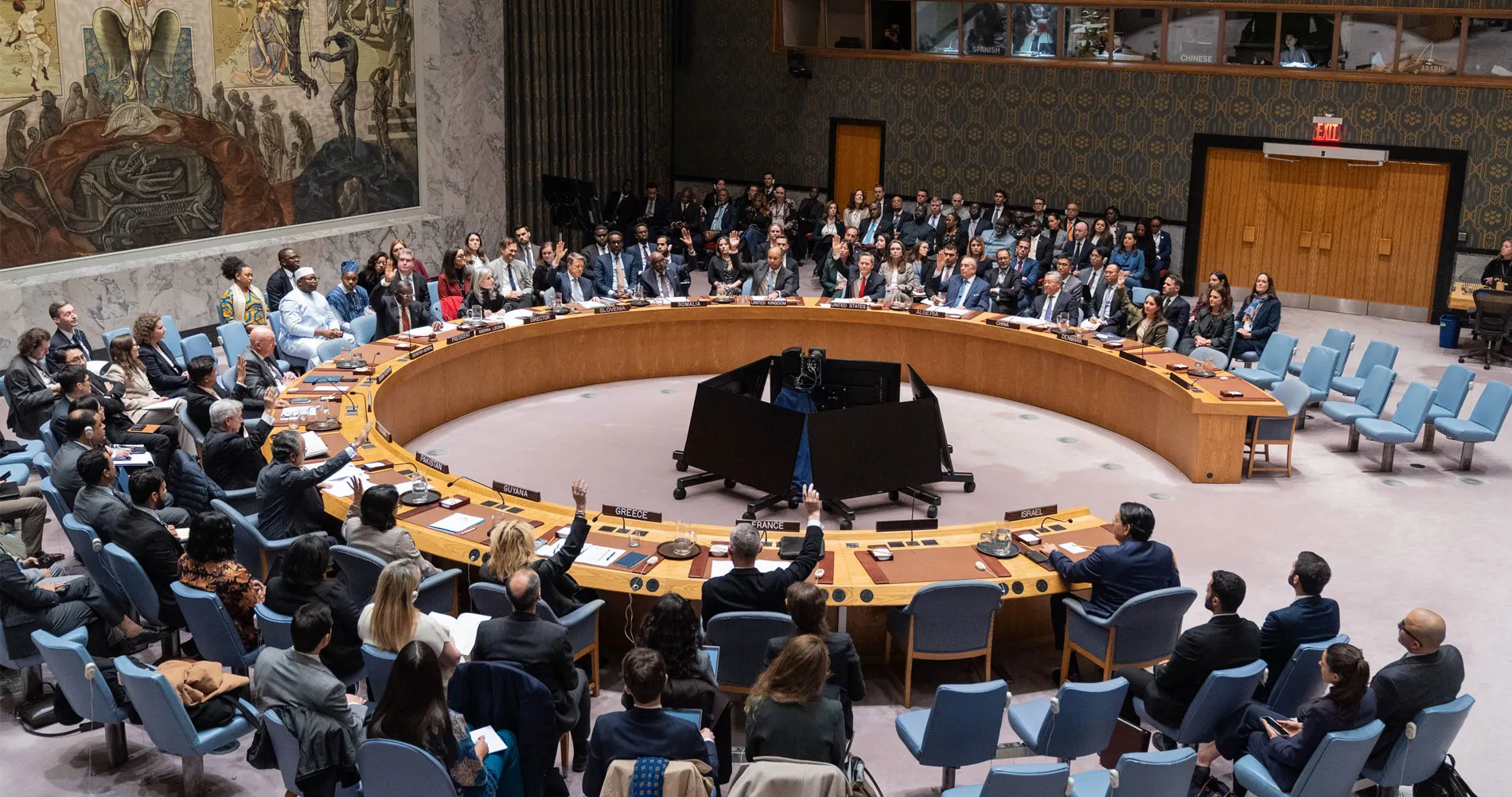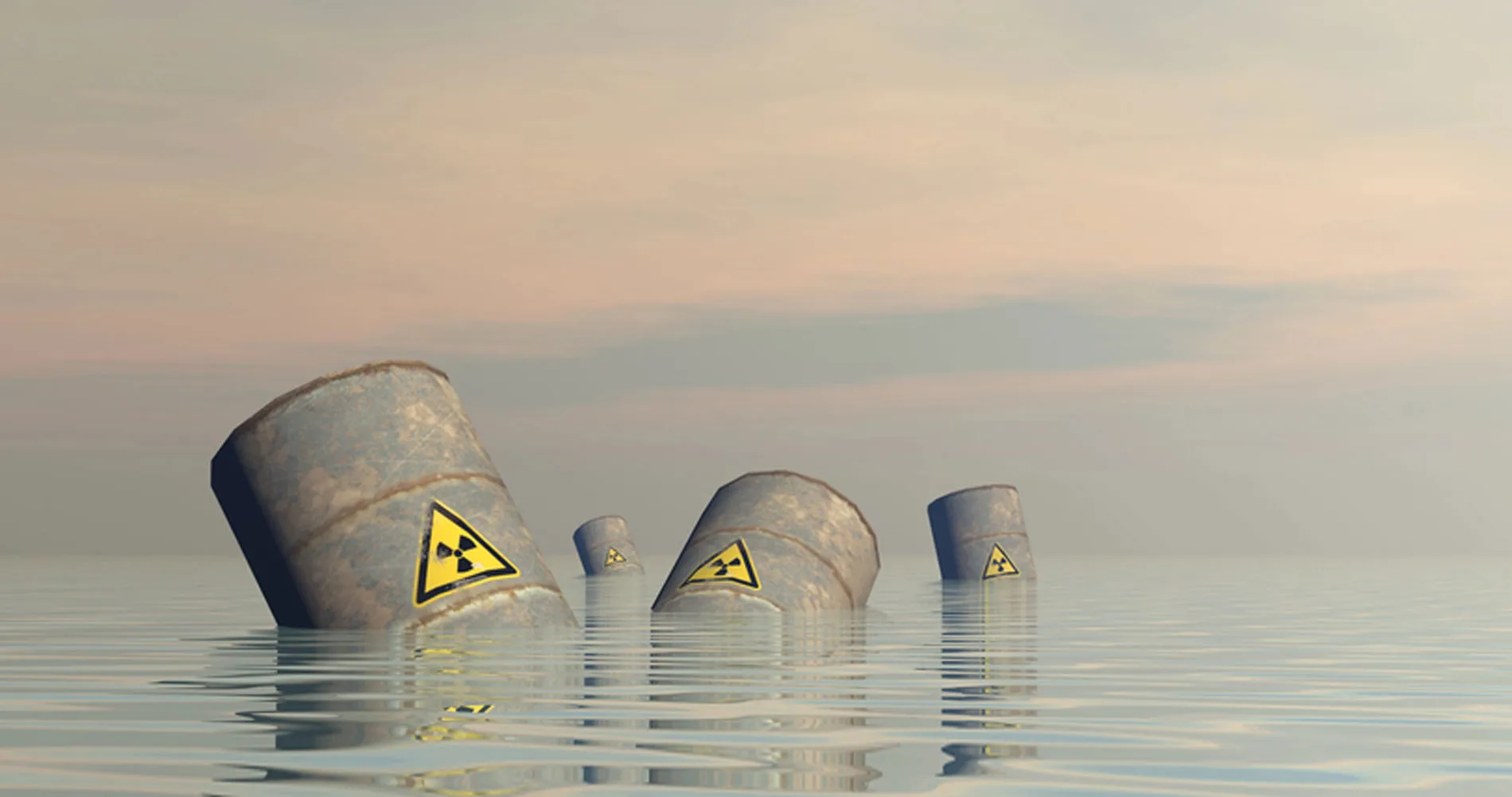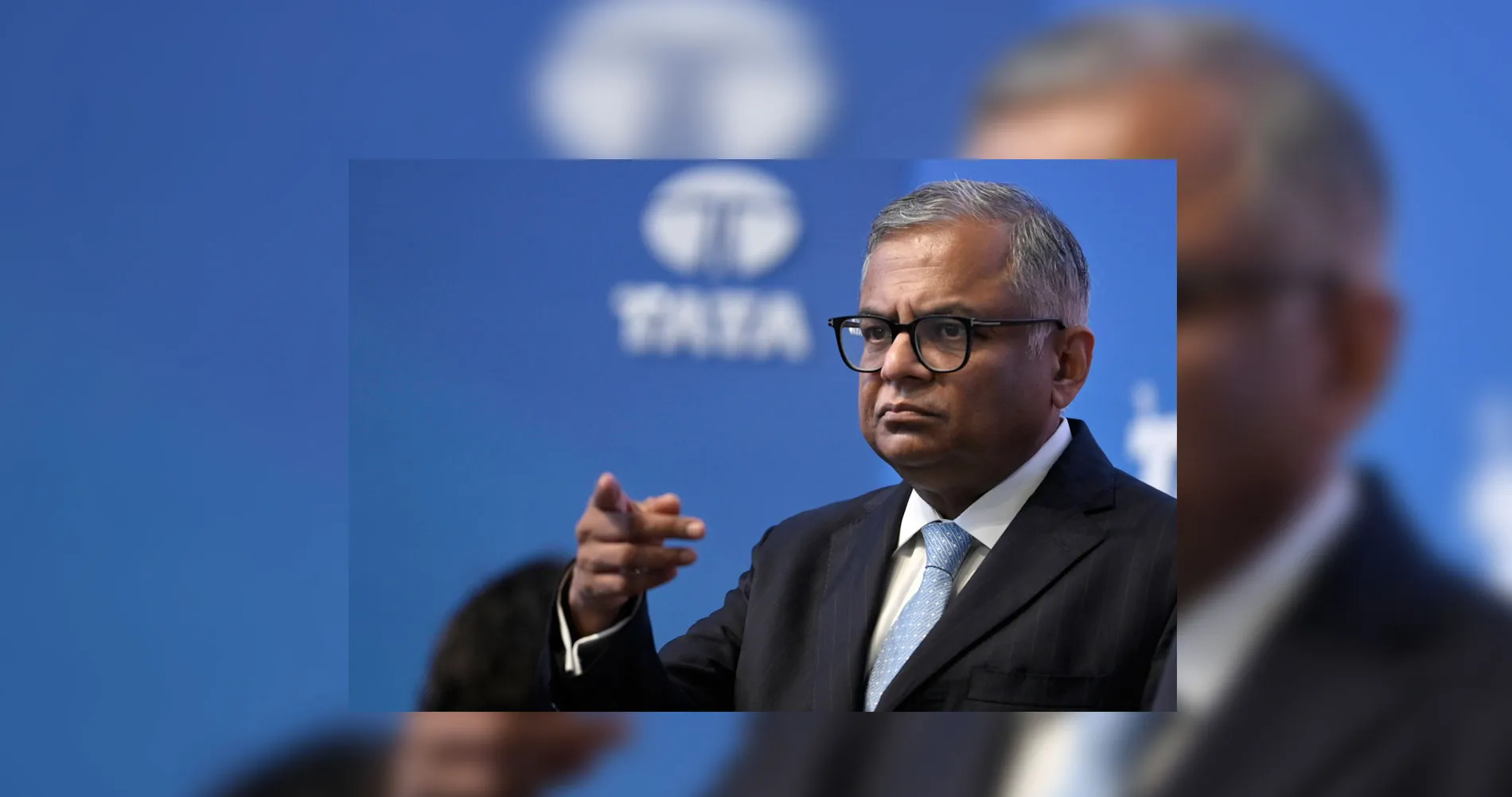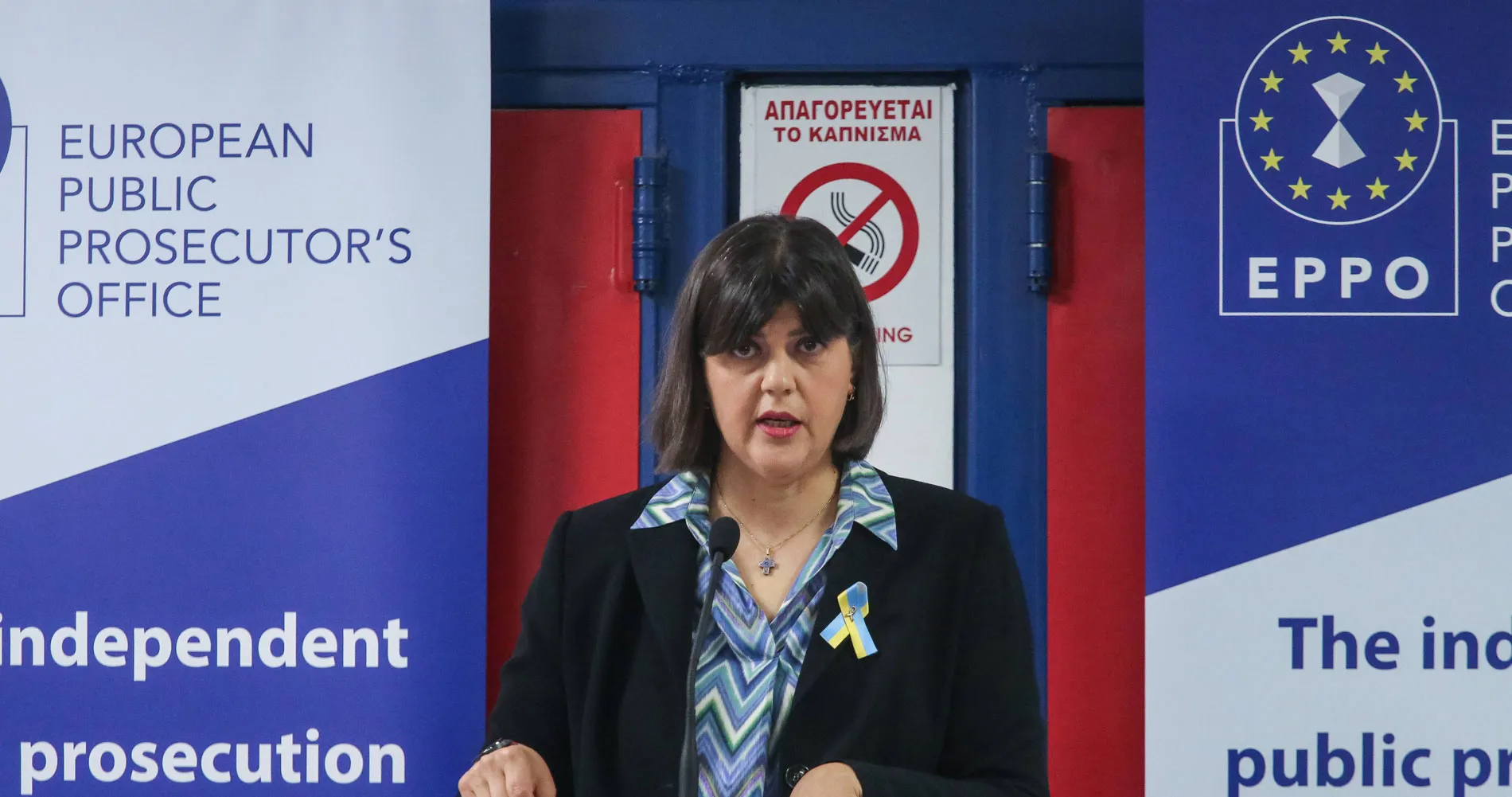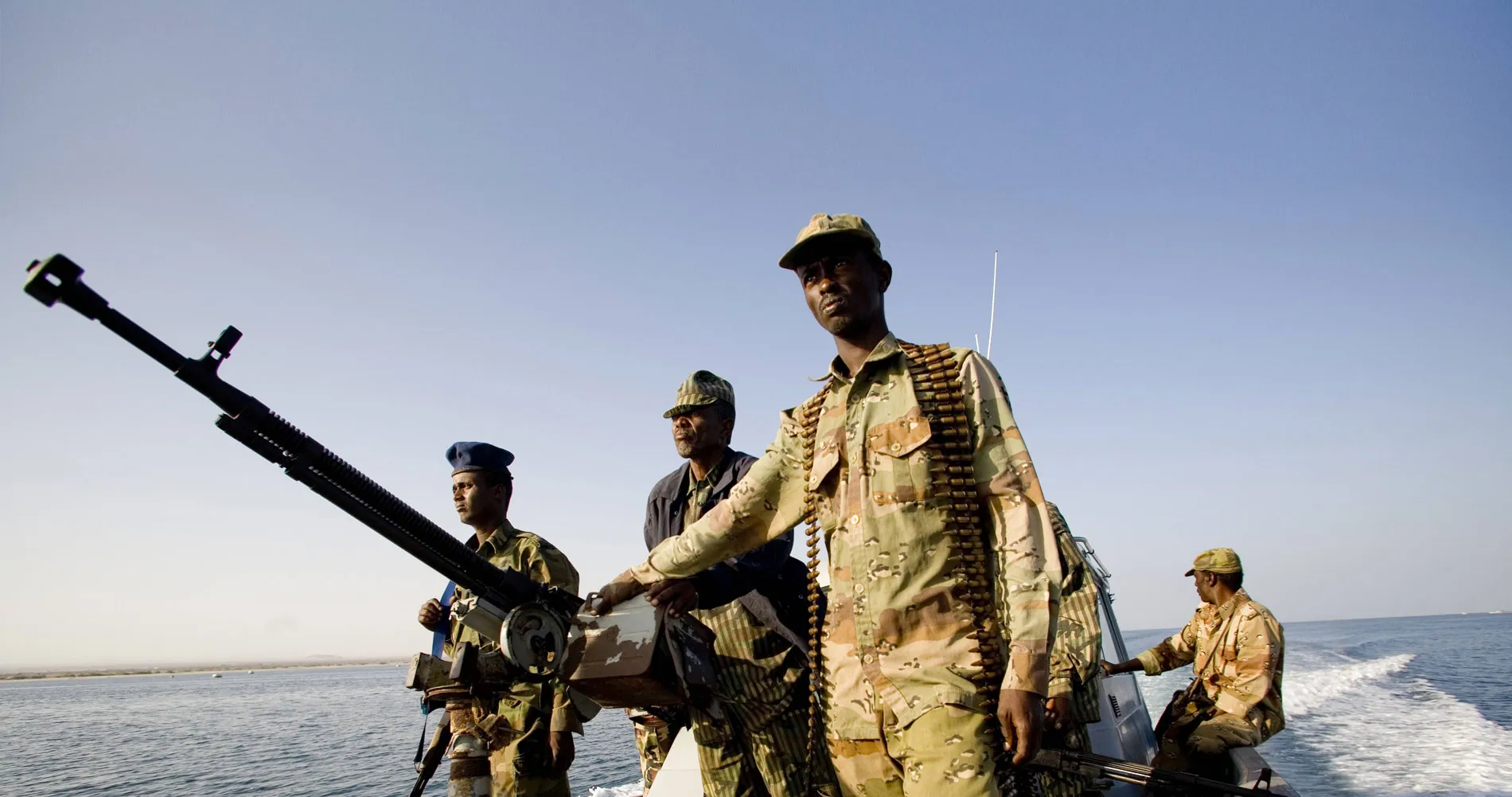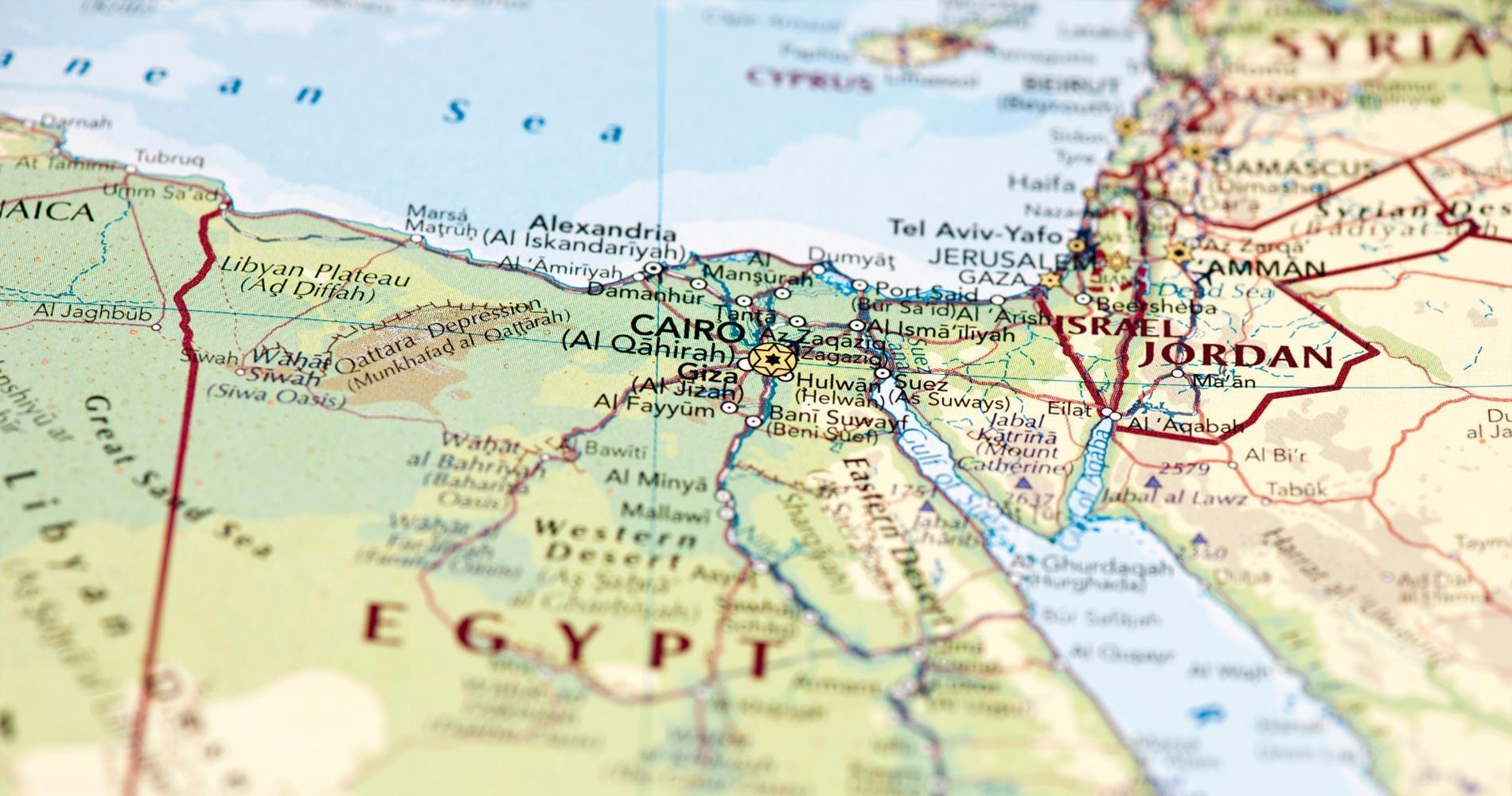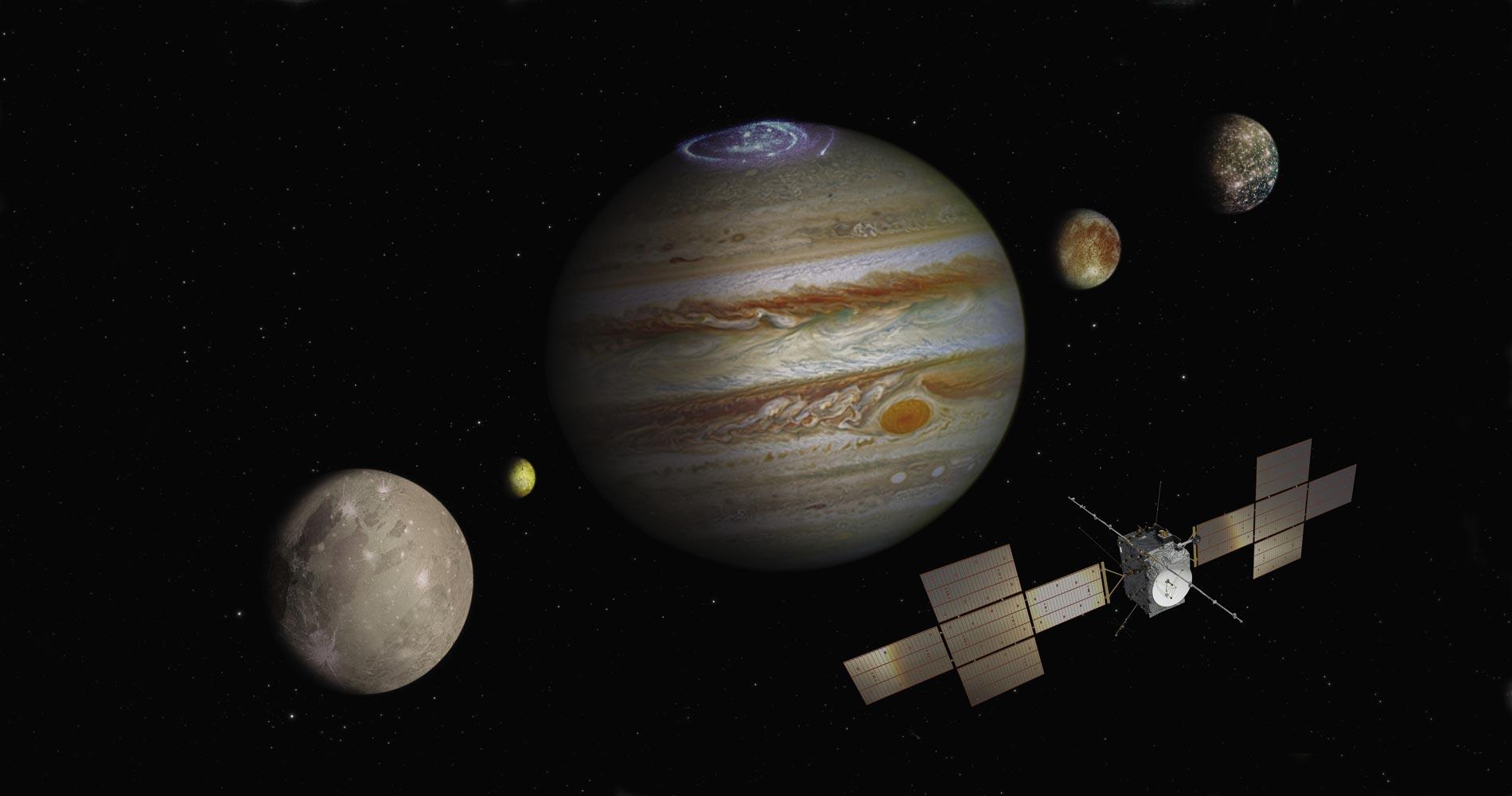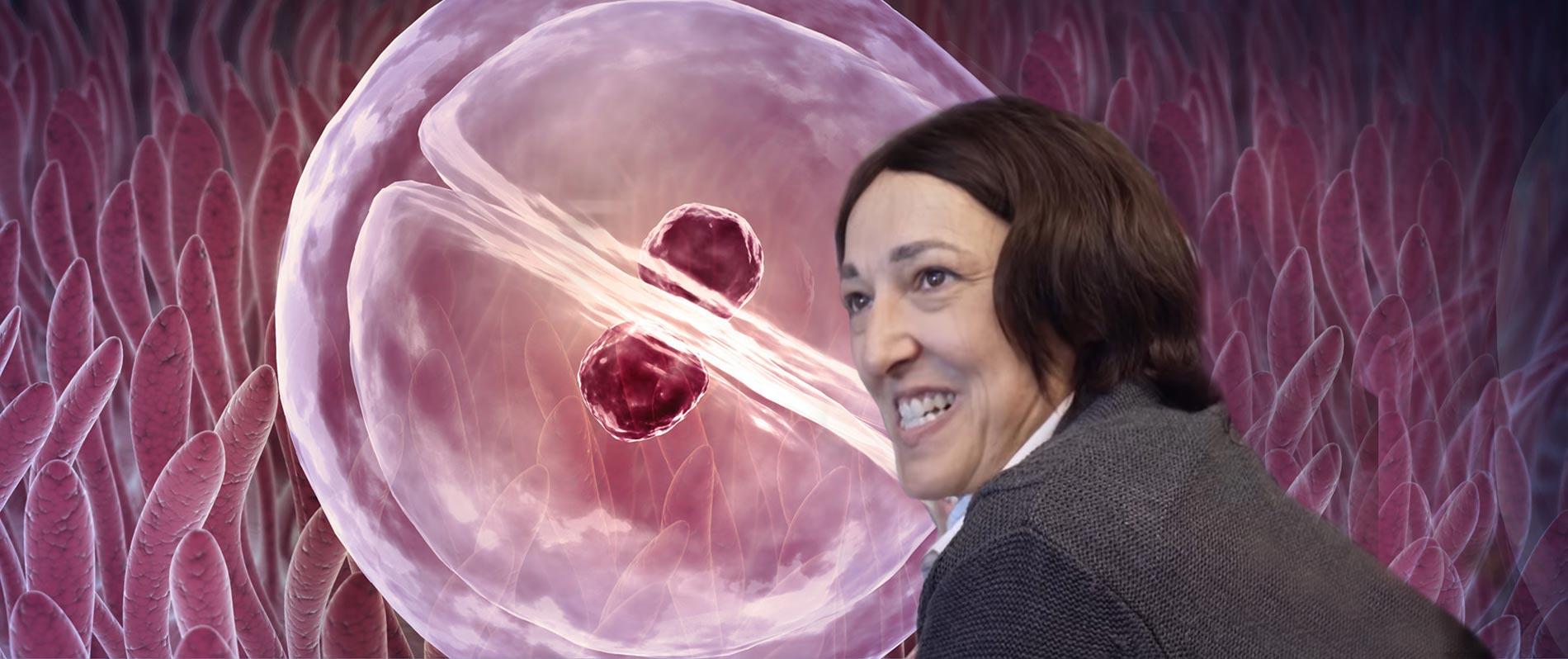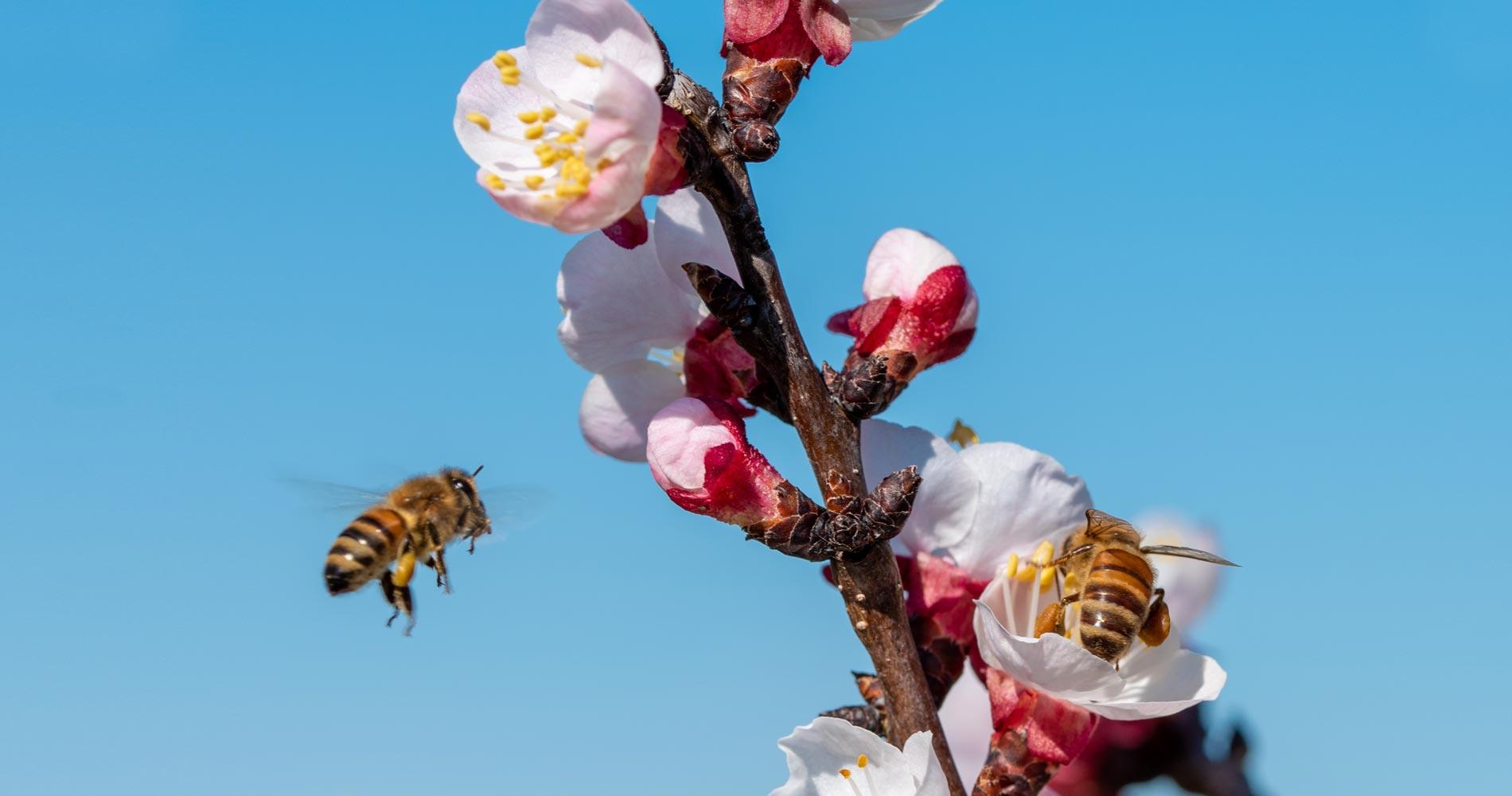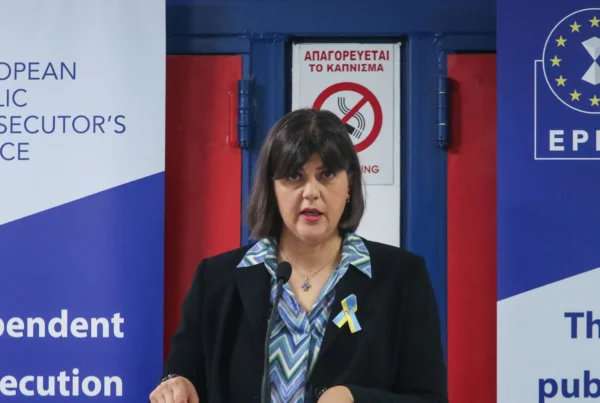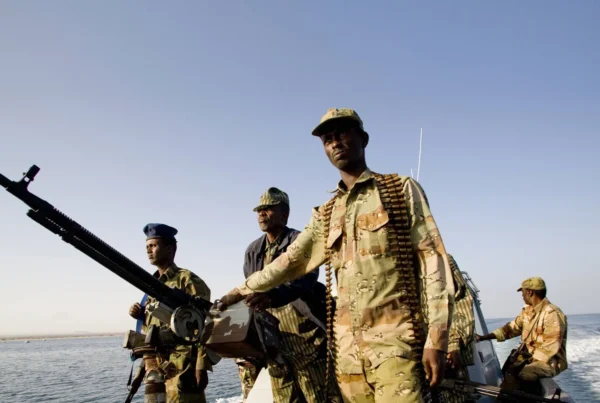Following the El-Dabaa nuclear power plant deal in Egypt, Russia is reaffirming its nuclear presence in Africa after signing two memoranda of understanding (MOUs) with Mali and Burkina Faso. African leaders are showing interest in nuclear energy in an attempt to combat the critical energy deficit.
Aly Mahmoud
28 February 2024
French version | German version | Spanish version
One of the most crucial current challenges for Africa is a severe power shortage where; according to the African Development Bank, more than 600 million of the 1.48 billion Africans do not have access to electricity – the lowest percentage in the world. Without suitable access to electricity, Africa remains susceptible to economic instability, migration, and underdevelopment. As a result, several African countries are now seeking energy independence and the development of their natural resources.
Owing to the EU’s and the USA’s lack of engagement in Africa, Russia has found a way to reaffirm its presence after the Wagner military group operations, which assisted in expanding Russia’s footprint in Africa. Notably, Russia has pledged to increase its food exports and energy cooperation with Africa in pursuit of new geopolitical partners amid Western sanctions.
Russia’s energy cooperation is considered one of African leaders’ most anticipated cooperation aspects to overcome the energy deficit. South Africa is currently the only country in Africa that operates a nuclear power plant. Africa’s increasing need for nuclear power has resulted in more countries actively developing plans to invest in nuclear energy. However, a key question is: how can these developing African countries finance the construction of these nuclear power plants? This is especially challenging owing to the large upfront costs and lengthy construction periods.
On 19 November 2015, Rosatom (Russia’s State Atomic Energy Corporation) signed an agreement with Egypt to build, finance and operate the El Dabaa. Nuclear power plant. Actual construction commenced on 19 November 2022. This USD 30 billion project is 85% funded by Russia through a USD 25 billion loan under a financing agreement. The loan is repayable over 22 years at an interest rate of 3% per year.
These investment packages are attractive to developing African countries because Rosatom can provide comprehensive services, from the training and qualification of local staff to creating nuclear science programs, delivering uranium during the plant’s lifetime, and handling nuclear waste — with the extra benefit of the Russian government’s funding the projects.
This was also emphasized by Kirill Komarov, Rosatom’s first Deputy Director General for Corporate Development and International Business, at the African Energy Week on 16-20 October 2023 in Cape Town, where he stated that: “Rosatom has everything necessary to provide assistance to interested African countries in creating their own nuclear energy.”
Several other African countries, including Burundi, Ethiopia, Ghana, Morocco, Rwanda, Zimbabwe, and Zambia, have signed various nuclear power cooperation agreements with Russia. Most recently, during the Russian Energy Week conference in Moscow held on 11-13 October 2023, Rosatom signed two MOUs with Burkina Faso and Mali for nuclear power cooperation and the development of nuclear facilities in the two West African countries.
The signed MOUs do not give details of the proposed nuclear power plants, their funding, or a timeline for the construction. However, in light of the Russian-Egyptian agreement, these MOUs are expected to follow a similar pattern, namely, a build, finance and operate agreement with a long-term loan.
The entry of Rosatom into Mali and Burkina Faso coincides with the radical changes that the African Sahel region is experiencing and the 2023 withdrawal of French troops from these countries. As a result, Russia’s influence in the region has grown, and the influence of the former colonial power France has declined.
It is important in this regard to note the position of Niger following the army coup on 26 July 2023. Especially since Niger is a country with many uranium mines, several of which belong to French companies since the colonial era. The future of these mines is now at stake after Niger’s cancellation of military cooperation agreements with France.
On 16 September 2023, Mali, Burkina Faso, and Niger established the Alliance of Sahel States and signed a joint defense agreement. It is expected that since those three countries live in similar political and security situations, Niger, with its uranium abundance, will also work with Rosatom to construct a nuclear power plant.
Selling nuclear technology and building nuclear power plants are important Russian efforts to increase its influence and trade across Africa. This also provides an alternative to compensate for the declining trade revenues after its exclusion from most Western markets, especially taking into account that constructing nuclear power plants is a high-cost process spanning more than a decade. Further, Russia’s expertise will also be needed during the operations phase, thereby requiring Russia’s support throughout the lengthy build, own and operate phases. This ensures a steady growth of Russia’s influence in Africa and large, regular revenue streams for Russian investments.
Africa’s growing plans to use nuclear power constitute lucrative investment opportunities for Russia and a source of large-scale power with a minimal carbon footprint for Africa’s countries.


